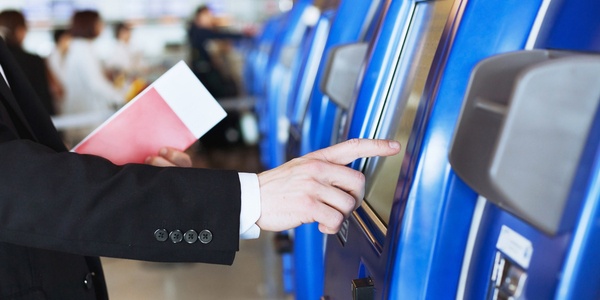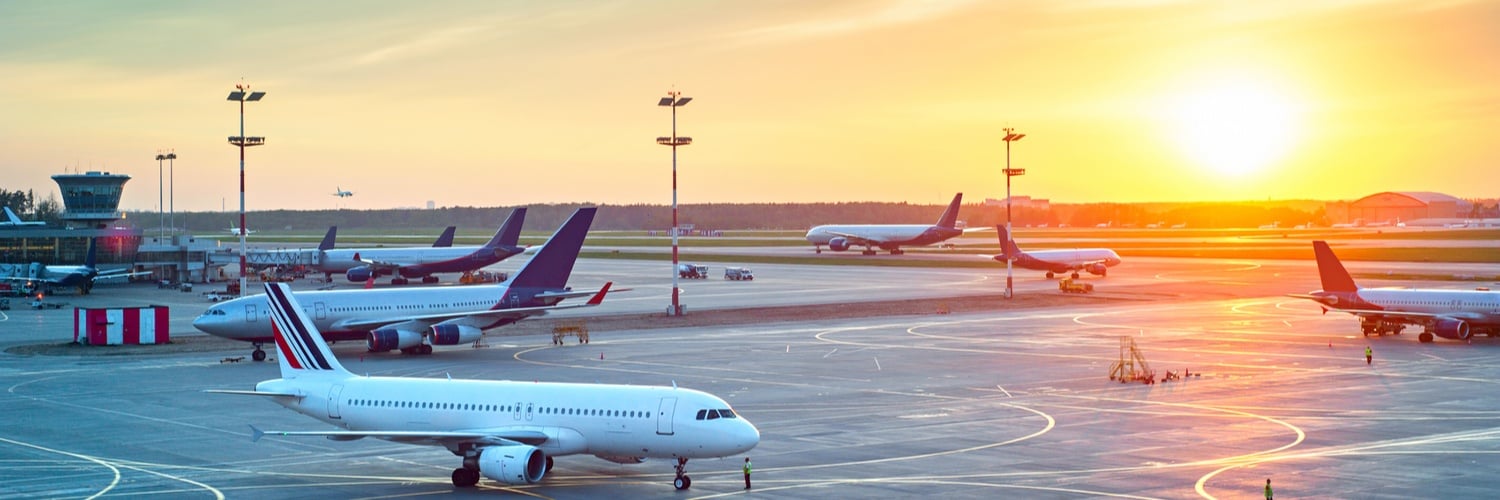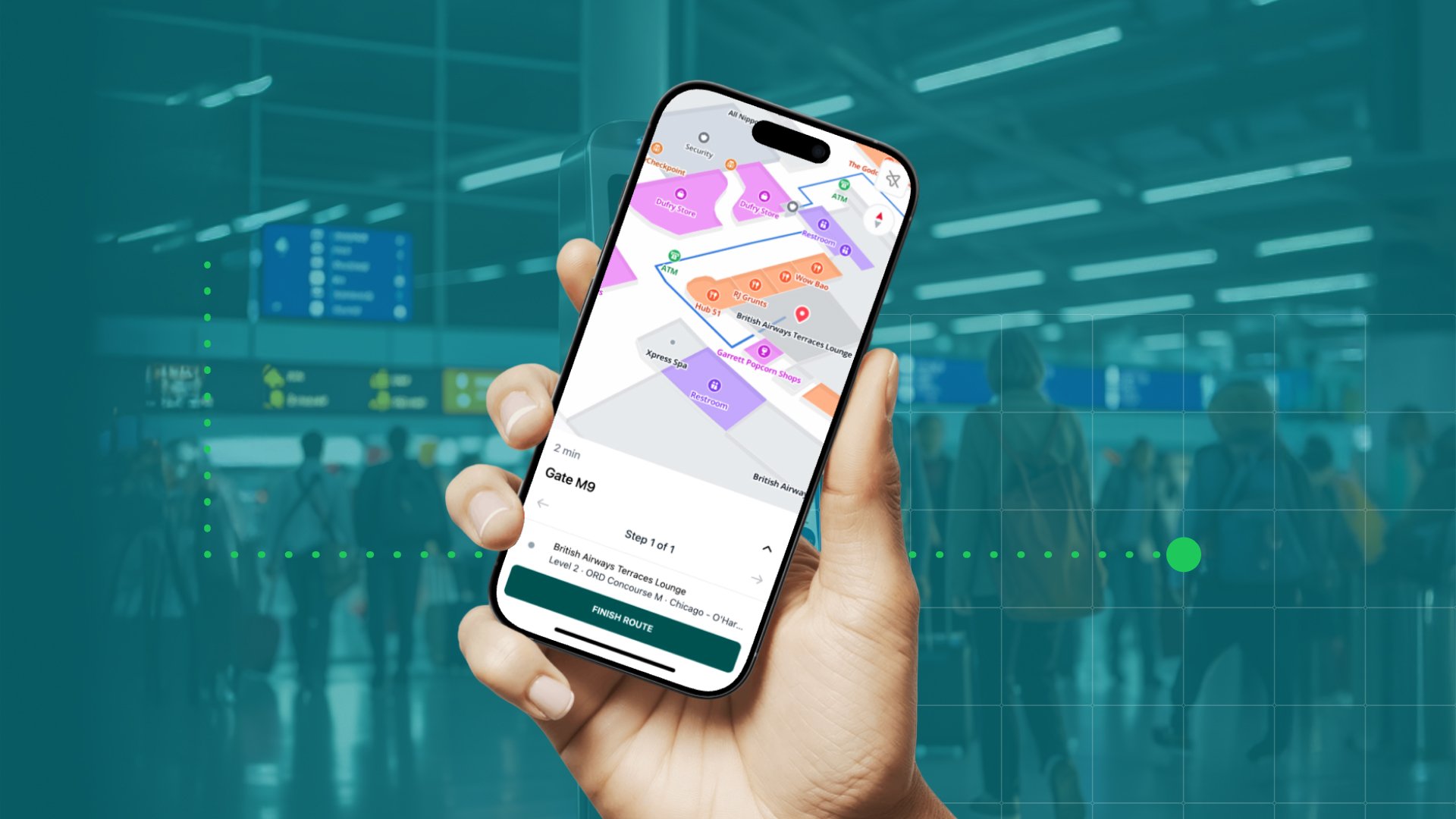Over 80.000 passenger planes depart daily around the entire globe. The airplane is becoming one of the most popular means of transport in our time. But an increasing number of passengers and flights also leads to more pressure on the airports in guaranteeing a smooth process. Enhancing and improving customer experiences as well as the business efficiency are the main priorities within the market. SITA's forecast of IT trends in the air transport industry provides an overview of how the system will evolve in order to reach that goal. Their latest report marks the most significant technology developments within the aviation sector until 2019. This article explores the predicted movements within the air transport industry in the coming two years.
Passenger projects continue to dominate

It comes with no surprise that travellers, as the main airport's customers, are going to be in the focus for specific investments over the coming years. In particular passenger self-service will reach maturity. Today, 91% of all airports provide self check-in possibilities at their venue. Also self-printing bag tags and bag-drop machines are available at the majority of airports. Airports will further develop those services. For instance, by 2019 26% of airports plan to offer an additional option to download digital content (such as movies, maps, newsletters) at those kiosks.
Mobile services become increasingly important

90% of all airports already undertake projects related to mobile apps.
Mobile services have a growing influence to guarantee a satisfying customer experience. In particular, notifications about the flight status is the most common service for mobile devices provided by almost half of all airports. But there is a visible trend that might soon be the major focus for mobile investments at airports: offering retail services. Almost all airports (84%) plan to provide such airport service purchases through their mobile app by 2019.
This will not be the only way to monetize mobile. There is also a change regarding the usage of Wi-Fi coming up. By 2019, only 54% (20% less than today) of airports will provide unlimited, free wireless internet connection. The tendency goes to time-limited Wi-Fi with paid access for additional usage.
In a different context mobile services start to be used in order to improve operations and to solve congestion problems. Equipping staff with digital devices slowly becomes commonplace. Mobile technology can already be found in arrival and departure areas to assist both travellers and staff. In the next two years smartphones and tablets will provide even more support. For instance during disruptions. Employees can then access real-time information and tools to help reduce travellers stress due to unexpected events.
New technologies improve the overall airport experience

New technologies such as cloud services and sensors are progressing in all industries. Therefore it is not surprising that especially these new innovations are popular in the aviation sector too. Beacons, Bluetooth and Wi-Fi, referred as sensing technologies, receive attention by 84% of all airports. The hereby implemented measurement on peoples movement around the venue comes with benefits for both passengers and businesses (get detailed information here).
Major intelligence initiatives are planned by more than half of all airports due to the greater availability of data. The most popular and fastest growing developments include interactive way-finding (34% of all airports will use it) and biometrics for identifying passengers.
READ how CPH airport implemented mobile technologies here
About SITA
SITA is the world's leading air transport IT and communications specialist providing IT and telecommunication services to the aviation industry. Almost every airport and airline is doing business with the company in order to support their operations. A great number of international organizations use SITA's expertise to enable a smooth air travel.
August 15, 2017



.png)